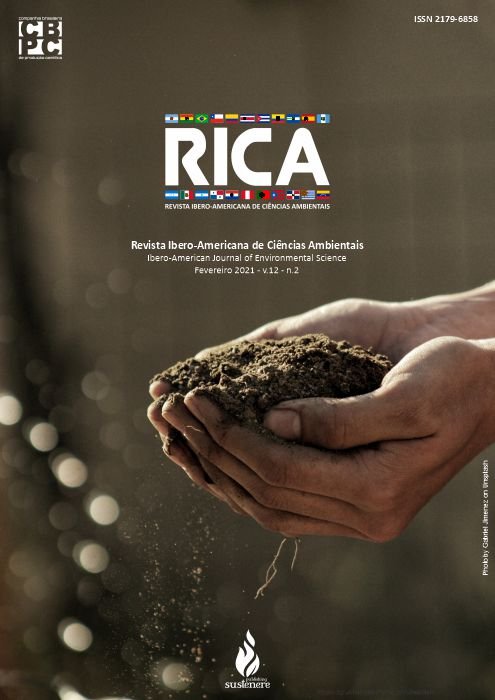Toxoplasmosis: analysis of knowledge in women in the city of Guaraí/TO
DOI:
https://doi.org/10.6008/CBPC2179-6858.2021.002.0057Keywords:
Toxoplasmosis, Knowledge, Streaming, PreventionAbstract
Toxoplasmosis is caused by the protozoan Toxoplasma gondii, and achieves high rates of infection in Brazil. The parasite has infecting forms that allow man and other animal species to become contaminated in various ways, such as congenital or transplacental, by handling cat feces, ingestion of raw or malpasted meat, among others. However, the infection can be combated through preventive measures, and these are closely linked to the hygiene and habits of the population. Thus, the study aimed to analyze the knowledge about toxoplasmosis and consequently address preventive measures in women, of reproductive age (10 to 49 years), who live in Guaraí - TO, but only women over 18 years participated in the research. The choice of the analysis to be made only with women of reproductive age was made by the fact that they have a high risk of toxoplasmosis infection, considering that the most severe form of contraction is congenital. They were submitted to a questionnaire composed of 12 questions related to toxoplasmosis. It was found that the majority of the studies are unaware of the disease and that the schooling factor influences positively, since women with a higher level of education presented better results when questioned about the theme, besides showing the lack of medical guidance, due to the fact that many do not know the laboratory diagnostic tests.
Downloads
Downloads
Published
Issue
Section
License
The CBPC - Companhia Brasileira de Produção Científica (Brazil CNPJ: 11.221.422/0001-03) the material rights of the published works. The rights relate to the publication of the work anywhere in the world, including rights to renewals, expansions and dissemination of the contribution, as well as other subsidiary rights. All electronically published works may subsequently be published in printed collections under the coordination of this company and / or its partners. The authors preserve the copyright, but are not allowed to publish the contribution in another medium, printed or digital, in Portuguese or in translation.









